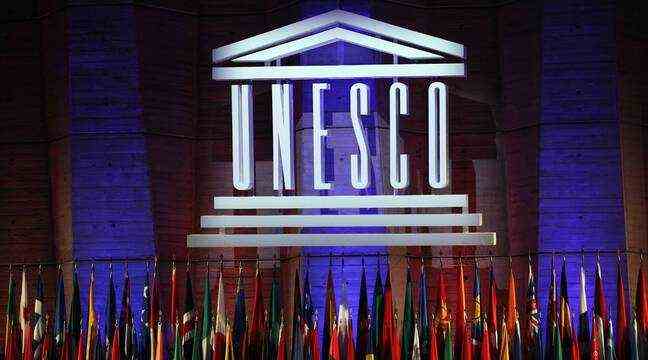Unesco announced Thursday that it had adopted a first global text on the ethics of artificial intelligence (AI) in order to try to regulate these revolutionary technologies, which pose fundamental risks to societies despite the many advances that have been made. ‘they allow.
“AI technologies can be of great service to humanity” and “all countries can benefit from it”, but “they also raise fundamental ethical concerns”, underlines in its preamble the 28-page recommendation, ratified by the 193 Member States of Unesco.
“Ensure the transparency and intelligibility of the operation of the algorithms”
There is “a need to ensure the transparency and intelligibility of the functioning of the algorithms and the data from which they have been trained”, because they can influence “human rights and fundamental freedoms, equality gender, democracy ”, continues this international organization based in Paris.
Almost absent at the start of the millennium, AI has gradually grafted itself into our lives: it decides which news we will read on our smartphones, which films will be offered to us in streaming, or even which routes the guidance systems will take us to follow.
Algorithms misused
But the algorithms that allow it to work have also been misused in recent years, illustrating its dangers.
Facebook has been at the center of several scandals. The British firm Cambridge Analytica has been accused of having misappropriated the data of the American giant to influence politically the referendum which led to Brexit in the United Kingdom, and the election of Donald Trump in the United States.
More recently, Facebook has been accused of polarizing corporations by overexposing extremist or conspiratorial content.
A legislative tool to regulate and monitor AI
The result of work that started in 2018, the Unesco recommendation highlights values - “Respect, protection and promotion of human rights”, “diversity and inclusion”, promotion of “peaceful societies” and of the environment – which the Member States undertake to respect.
It also lists the actions that the signatories will have to carry out, in particular the establishment of a legislative tool to frame and monitor AIs, “ensuring total security for personal and sensitive data” or even educating the masses about them.
Russia, China and even Iran, states regularly accused of obstructing human rights, have signed a text which, UNESCO recognizes, is an “incentive device” without the possibility of sanctions. The United States and Israel, very active in new technologies, are not part of Unesco.

